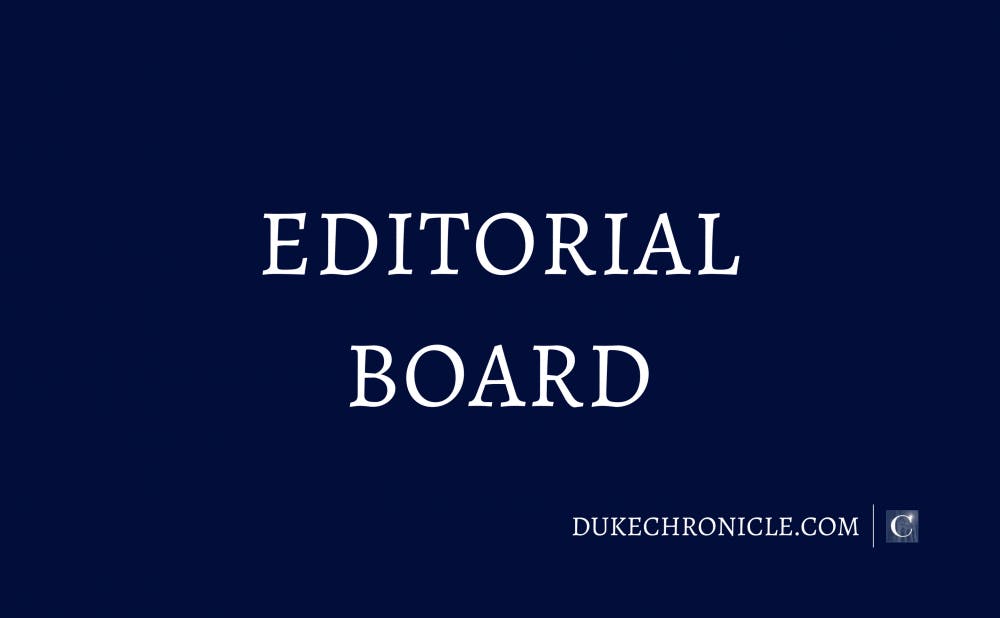Over the weekend, 13 Yale professors announced that they would be stepping down from their positions at the university’s Ethnicity, Race & Migration (ER&M) program. Their resignations were not the result of scandals or misconduct, but rather the acts of protest against Yale’s alleged refusal to support both the program and its larger mission. Yale created the ER&M program in 1997 as an interdisciplinary major, but then neglected the program, leaving it without an official department, autonomy or adequate funding. In the words of one of the program’s former professors, ER&M “has essentially been sustained by voluntary labor for the past 20 years.” The issues that exist in academia, specifically when it comes to inequality, are vast and deeply entrenched into the foundations of our academic institutions. This includes the unseen and uncompensated obligations and responsibilities taken on by professors, graduate student and staff members from marginalized backgrounds.
Consistent calls for creating more inclusive spaces in college for students from marginalized identities can be found across numerous universities as they increasingly diversify. Most frequent among these demands are pushes to increase diversity among faculty to more accurately reflect the student body. The mere presence of more black and brown faculty on campuses alone can drastically change how welcome students of color feel in their respective departments. However, in this role, faculty of color and LGBTQ+ faculty are also expected to take on a set of responsibilities outside of their job description.
These obligations often take the form of serving as mentors and confidants for undergraduates with similar backgrounds or identities. While these responsibilities can take up a large portion of faculty members’ time and mental capacity, there is no additional compensation for the professors who end up taking on this labor. Additionally, often their obligations to students are overlooked when being reviewed for career advancement. Over the course of their careers, these professors go unsalaried for the time that they dedicate to their institutions. In some cases, the conflict between a faculty member’s identity and the institution which they are meant to support can even negatively impact their chances of promotion. Faculty who sign onto petitions or support movements that seek equality for students that belong to similar marginalized identities then have to deal with the potential blowback from speaking out. And, though the tenure system is designed to protect faculty who take stands on issues, the university is increasingly turning away from tenure-track or regular rank faculty and looking more to non-regular rank faculty, who face even more precarity.
Faculty of color and LGBTQ+ faculty are entangled in a series of limbos, having to exist as support systems for students—while not making themselves a target for administrative backlash—and as a mentor, while also knowing that this time spent could be put towards the narrow definitions of labor that academia rewards and deems valuable.
Both of these dynamics play out on campus at Duke. Raymond Gavins, the first African-American to join Duke’s history faculty, was celebrated for serving “as a mentor to countless graduate and undergraduate students alike in a career that has spanned forty-five years at Duke.” We paint these actions as acts of generosity more than we analyze the structures that made this type of mentorship necessary for the preservation and advancement of black students at Duke. The same can be said of the efforts of faculty members, students and staff who are involved in trying to get an Asian-American studies program set up at Duke; those fighting for representation for Native communities among faculty and staff; or those who took over the Allen building in 1969 in order to fight for the creation of an African-American studies department, among other necessary demands.
Individuals at Duke and across the country are engaged in a constant struggle for programs that reflect the backgrounds and interests of students, as well as faculty who can relate to the lived experiences of marginalized students on this campus. We cannot forget, however, to also push for corresponding compensation for faculty members who reflect the overlooked commitments they inevitably take on. While it may be too late for the Ethnicity, Race & Migration program at Yale, it is our obligation to continue to fight for fair faculty treatment and review for those who take on the extra labor of supporting the most vulnerable and underserved students.
This was written by The Chronicle’s Editorial Board, which is made up of student members from across the University and is independent of the editorial staff. The editorial board did not meet quorum for this editorial.
Get The Chronicle straight to your inbox
Sign up for our weekly newsletter. Cancel at any time.

